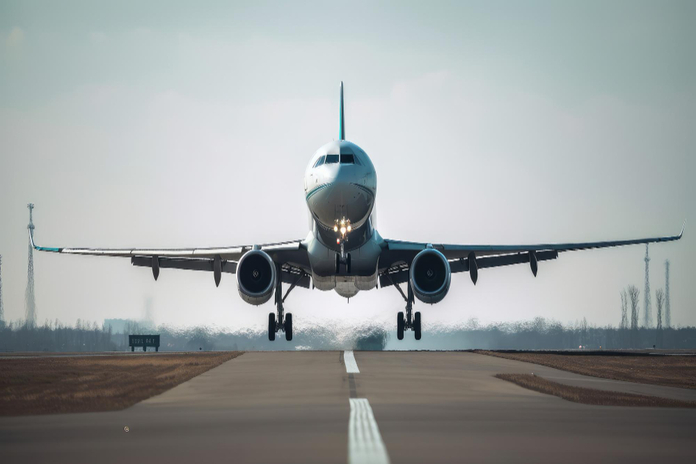Kelly Ortberg, the new CEO of Boeing (NYSE:BA), is making waves on his first day in the role by making a bold decision: he is relocating his office to Seattle, the birthplace of Boeing’s commercial aircraft business. This move is seen as a significant step in restoring trust and tackling the company’s ongoing quality issues that have plagued it in recent years.
CEO Ortberg’s Strategic Move to Seattle
On his first day as CEO, Kelly Ortberg announced in a memo to Boeing’s (NYSE:BA) staff that he would be working out of the company’s Seattle offices. This location was Boeing’s home for 85 years before the corporate headquarters moved to Chicago in 2001. The decision to return to Seattle, far from the current headquarters in Arlington, Virginia, is rooted in Ortberg’s belief that he needs to be closer to the production lines and development programs that define Boeing’s core business.
Ortberg’s presence in Seattle symbolizes a return to Boeing’s roots, where the focus was on building the world’s most reliable commercial aircraft. In his letter to staff, Ortberg emphasized the complexity of Boeing’s work and the necessity of being close to the factory floors. His decision to base himself in Seattle and spend time on the production lines, such as the troubled 737 Max line in Renton, Washington, is being lauded by industry experts as a necessary move to directly address the company’s challenges.
Challenges Facing Boeing
Boeing (NYSE:BA) has faced numerous challenges in recent years, most notably the fatal crashes of its 737 Max aircraft in 2018 and 2019. These incidents, caused by a design flaw, led to a 20-month grounding of the jet and severe financial repercussions for the company. The grounding and subsequent investigations revealed deep-seated issues within Boeing’s production processes, leading to losses exceeding $33 billion in core operating costs as of the most recent quarter.
The situation was further exacerbated in January when a door plug blew off the fuselage of a Boeing 737 Max operated by Alaska Airlines, drawing fresh attention to the company’s ongoing quality control problems. This incident, which occurred at 16,000 feet, left a gaping hole in the aircraft and highlighted the urgent need for Boeing to improve its production standards.
Industry and Public Reactions
Industry experts have praised Ortberg’s decision to relocate to Seattle, viewing it as a clear signal that he intends to address Boeing’s issues head-on. Richard Aboulafia, managing director at AeroDynamic Advisory, commended the move, stating that Ortberg’s decision to work from Seattle shows he is willing to confront problems directly and gain an unfiltered understanding of the situation on the ground.
This strategic relocation comes at a time when Boeing is under intense scrutiny. The company has agreed to plead guilty to charges of deceiving the Federal Aviation Administration, a plea that will place it under the supervision of a court-appointed monitor. Additionally, Boeing is facing several federal probes, including an investigation by the National Transportation Safety Board into the Alaska Airlines incident. During a recent hearing, Boeing executives admitted they were still unsure how the plane with the defective door plug left the factory without the necessary bolts in place.
Ortberg’s Vision for Boeing’s Future
Despite the daunting challenges ahead, Ortberg remains optimistic about Boeing’s ability to recover. In his letter to staff, he acknowledged the work needed to restore trust but expressed confidence in the company’s potential to reclaim its position as an industry leader. His commitment to being present in Seattle and engaging with the production teams directly signals a shift in leadership style—one that prioritizes transparency, accountability, and a hands-on approach to problem-solving.
As Boeing (NYSE:BA) navigates these turbulent times, the industry and investors alike will be closely watching how Ortberg’s leadership impacts the company’s future. His decision to return to Boeing’s roots in Seattle could be the first step in a broader strategy to rebuild the company’s reputation and ensure the safety and reliability of its aircraft for years to come.
Featured Image: Freepik



